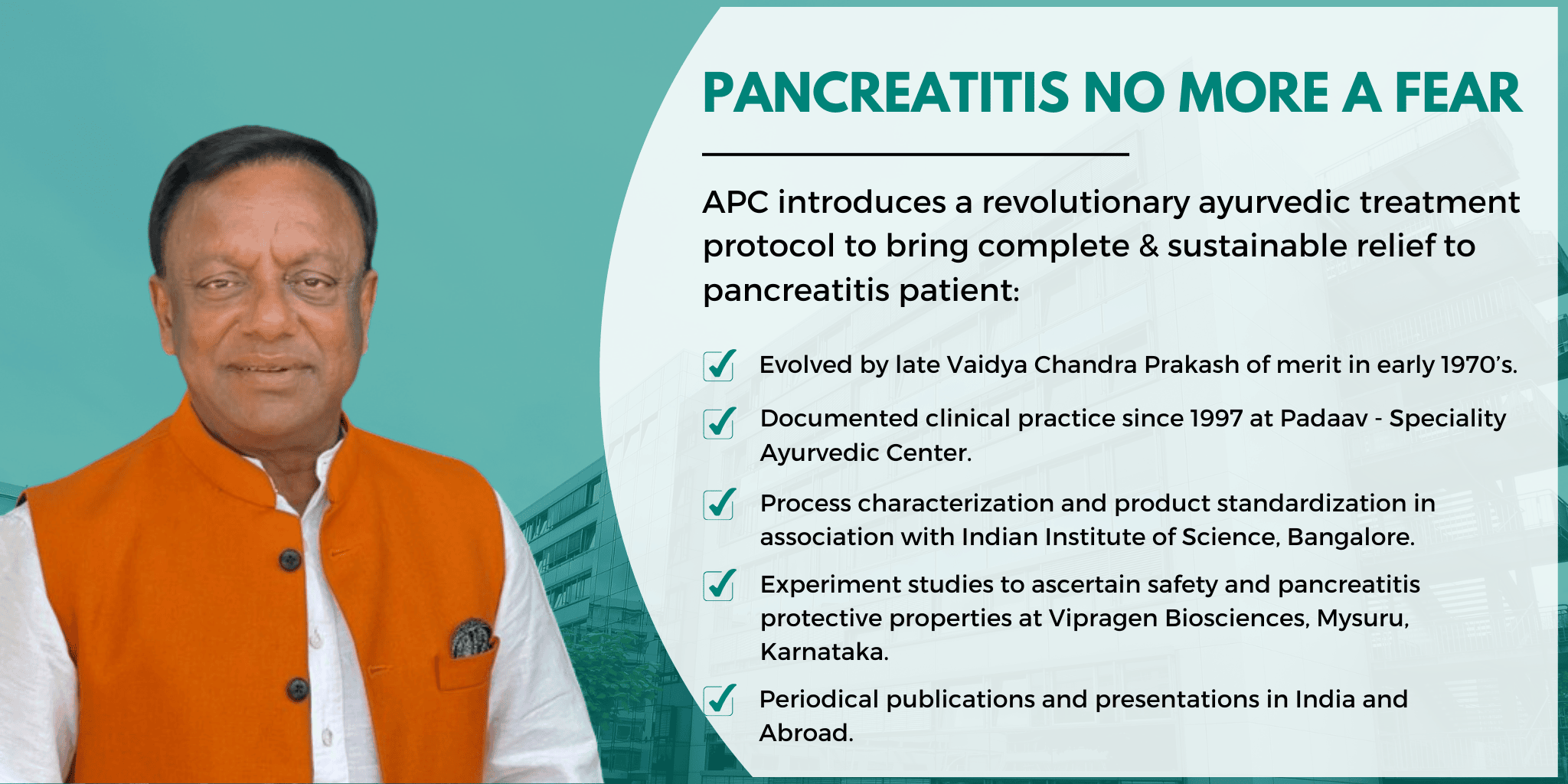
सम्यग् ज्ञानम् प्रमाणम्
Here we present live testimonials by the beneficiaries of APC
Previous
Next
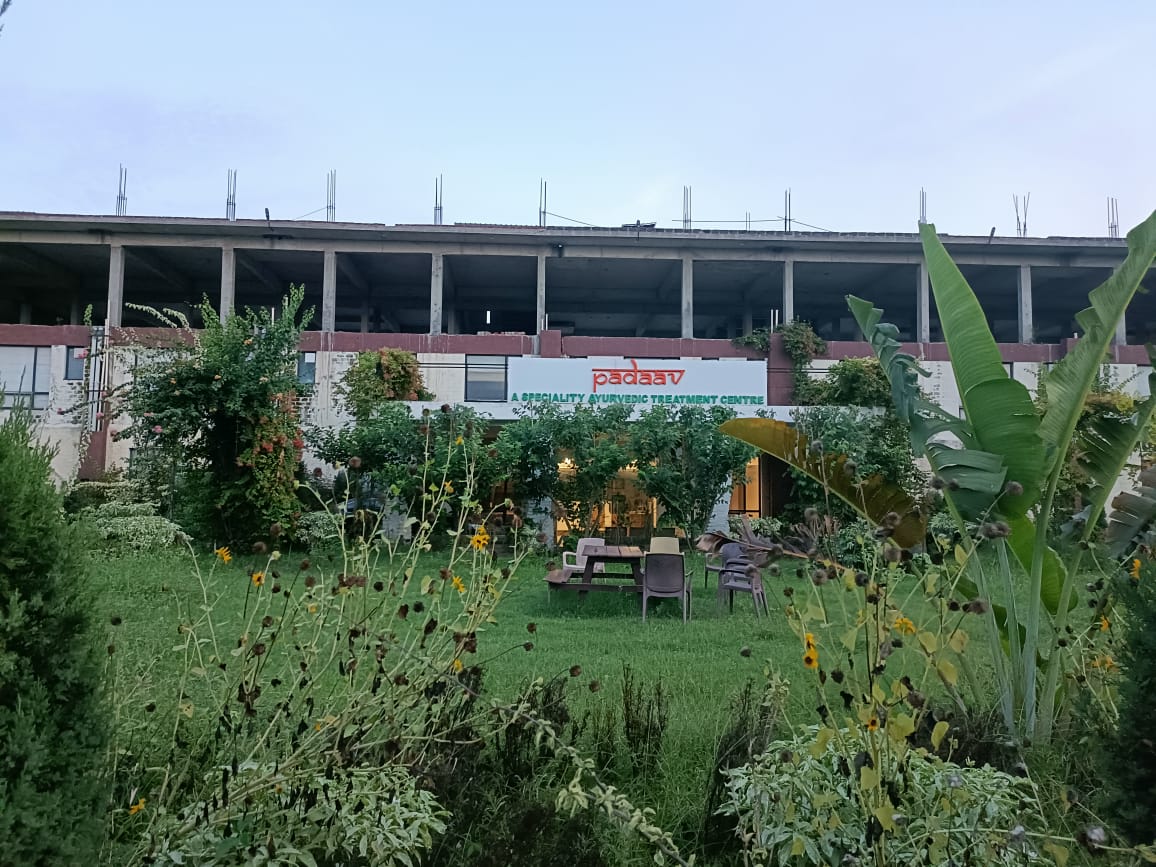
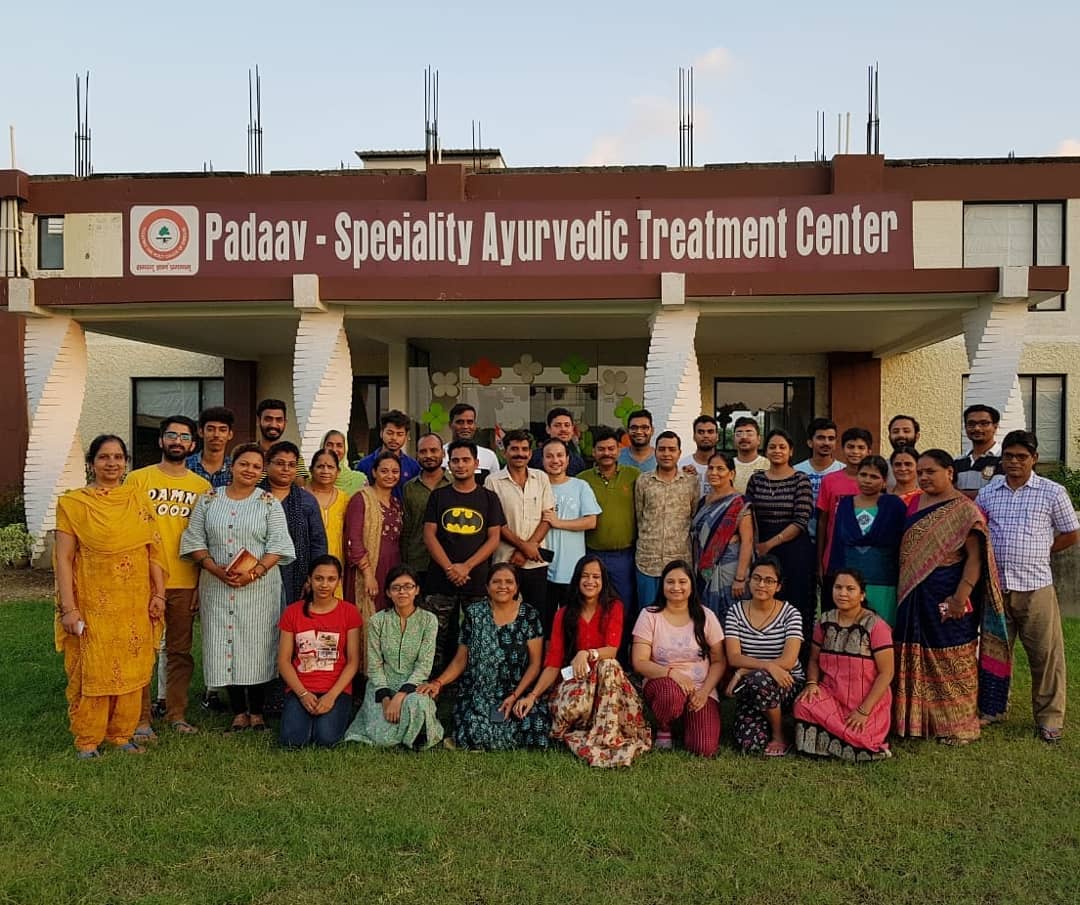
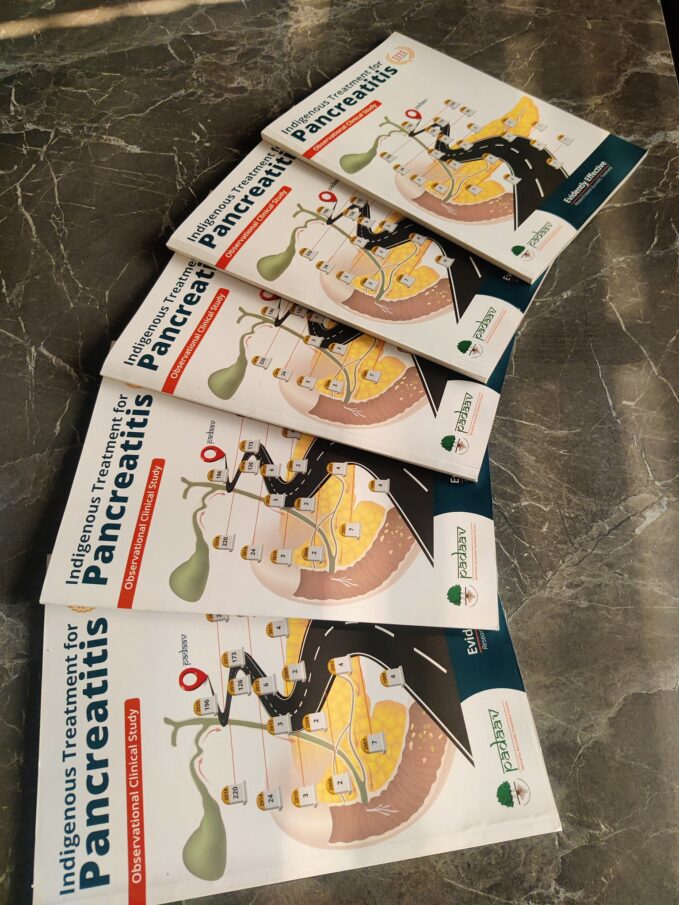
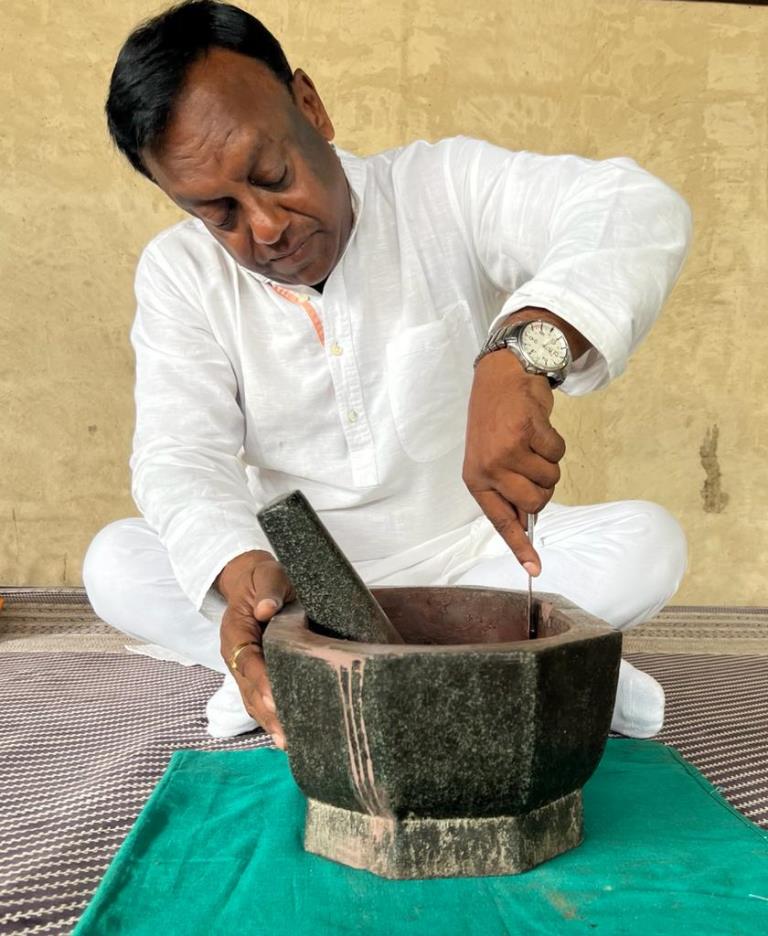
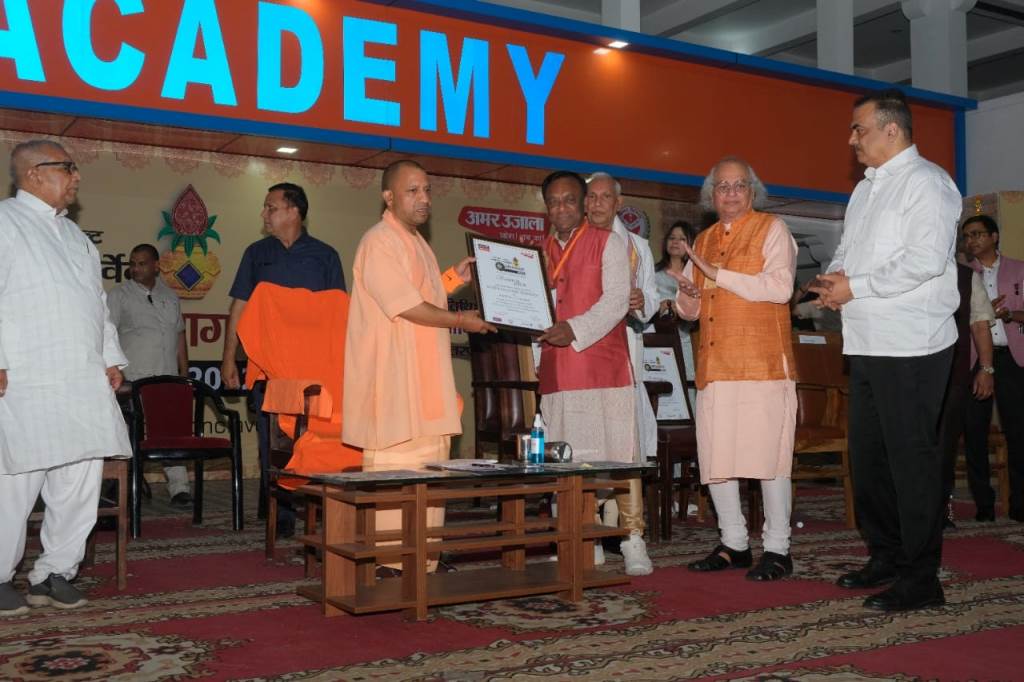
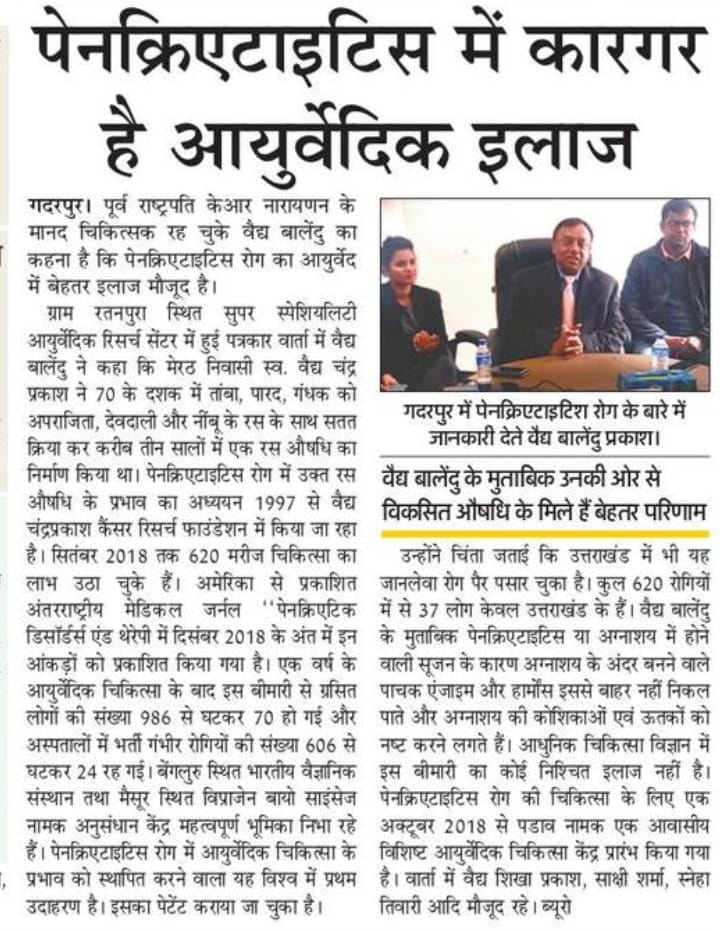


Vaidya Ji’s treatment is based on the concept of ‘Aahar-Vihar-Aushadh’. Medicine is one aspect of holistic treatment at Padaav. They care about all their patients and I like the individual attention the Vaidyas gave me. I’m grateful for their unique and effective treatment. I’ve regained my health, thanks to them.

I am completely fine now and have even gained weight. I am doing everything that I thought I would never be able to do again. The Vaidyas and staff were positive, which gave me hope during treatment. I’m amazed at how simple diet changes worked like magic for my health.

I did not observe any side-effects of his treatment and regained my health and 10 kg of body weight. I even delivered a healthy baby after Vaidya ji’s treatment. This speaks of his treatment quality and how effective his medicines and prescriptions were. I thought it was going to be a difficult journey, but Vaidya Ji made the treatment process comfortable, easy and pain-free.

It has been 23 years and l am healthy and completely fine. I am very grateful to Vaidyaji for the treatment. His instructions were simple to follow, he advises healthy food, taking into account our preferences, to ensure we feel happy having them. Thanks to him for reviving my health big time.

My body allows me to travel, enjoy my food, play, work, pick up interests and hobbies and lead a very normal life. I feel light, confident and active all day. Vaidya Ji taught me to listen to my body and eat, take medicines and move accordingly. Thanks to his treatment which had no side effects, I can lead a long, healthy life.








